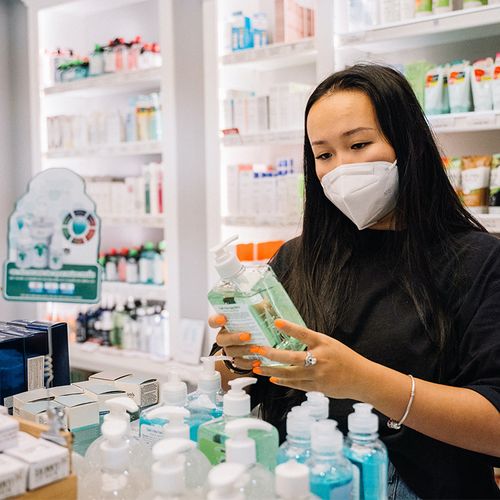Not long ago, I asked one of my good friends, who is a retired pharmacist, what he thought of mail-order pharmacies. Are they as reliable as my neighborhood pharmacy? And what about price? Here's what he said: "I get most of my prescriptions via mail order. But you must do your homework so you'll know how to best use a mail-order or local pharmacy."
Important pros and cons to help you decide when to use a mail-order or local pharmacy…
- Neighborhood pharmacies. If you are filling a onetime prescription, such as an antibiotic for an infection or a painkiller after recent surgery, your local pharmacy is the way to go.
Pros: Your prescription can often be filled while you wait, and you can speak face-to-face with a pharmacist when you pick up the prescription. Some pharmacies will deliver your medication to your home the day the prescription is filled, which is handy when you are ill or housebound.
Cons: Some pharmacies, especially small, "mom-and-pop"-type stores, will not accept your employer's or health plan's prescription drug insurance. Since many smaller pharmacies may not have the drugs your doctor ordered on their shelves, it may take a day or two to get them. Drugs at local pharmacies also are usually more costly than those bought via mail order, and many chain drugstores will not dispense a greater-than-30-day supply even if your doctor writes the prescription for 90 days. (This allows the pharmacy to collect a copay or dispensing fee each time you refill.)
- Mail-order pharmacies. They are ideal for medications you take on a regular basis.
Pros: Mail-order prices are usually lower than those charged by local or chain pharmacies because mail-order overhead is lower. Mail-order pharmacies routinely fill up to 90-day prescriptions with a onetime copay, saving you more money. Most major online pharmacies, such as Medco Health Solutions (www.Medco.com)... CVS's Caremark (www.Caremark.com).. and AARP's prescription discount program, Walgreen Health Initiatives (www.Walgreens Health com), have pharmacists available 24 hours a day to answer questions, so there's no waiting for information.
Cons: Mail-order pharmacies are not practical for drugs you need quickly, although some have overnight delivery options at a steep price. You must plan your refill orders well in advance (typically 15 days before your prescription runs out). Also, if you need to speak to a pharmacist often, you'll likely get a different person each time you call.
Caution: Some online mail-order companies are bogus. For this reason, the FDA recommends buying only from US mail-order pharmacies that are licensed to sell in your state. Find your state board at the National Association of Boards of Pharmacy, www.nabp.net, and check out the mail-order company you want to use.
